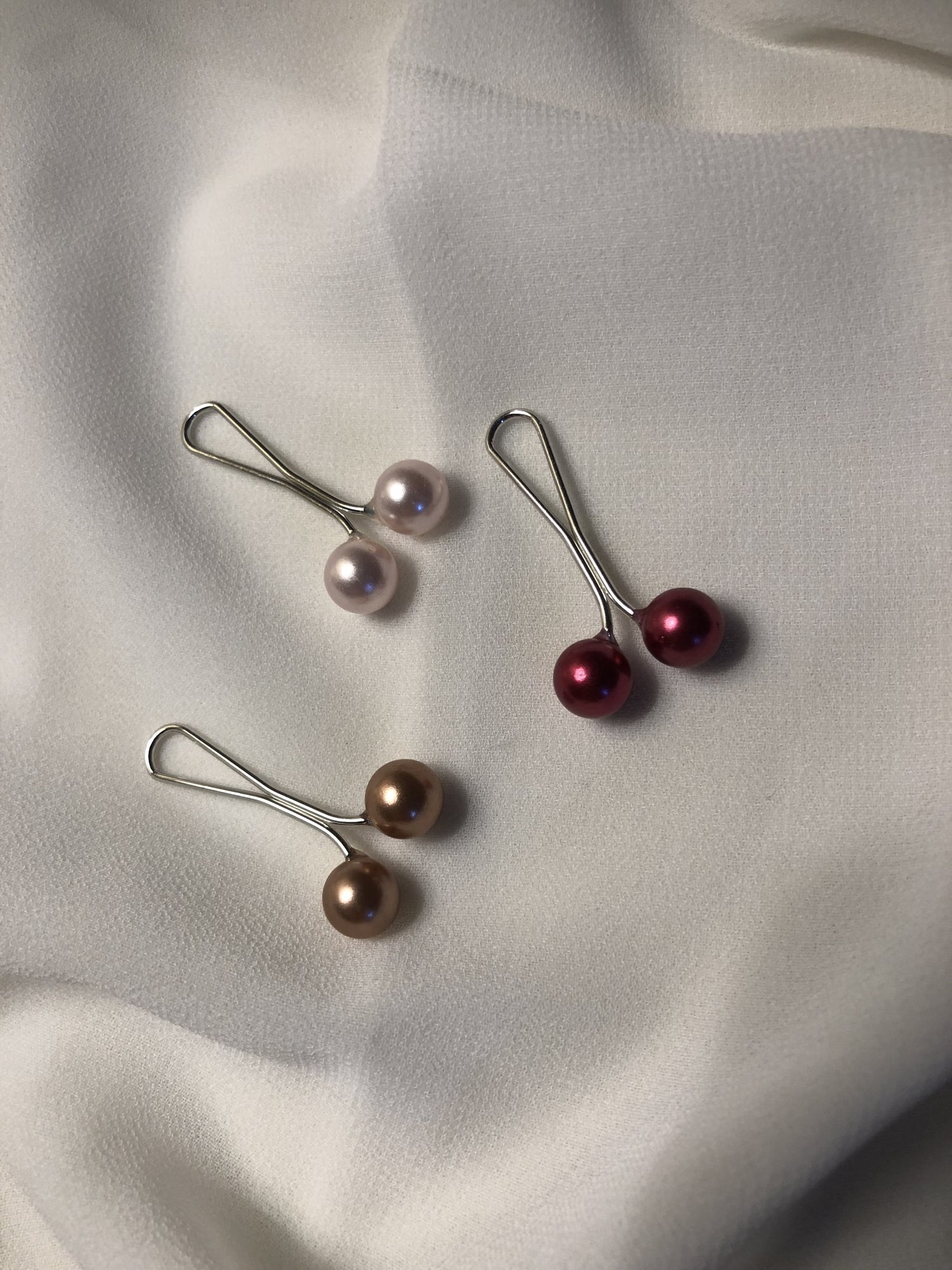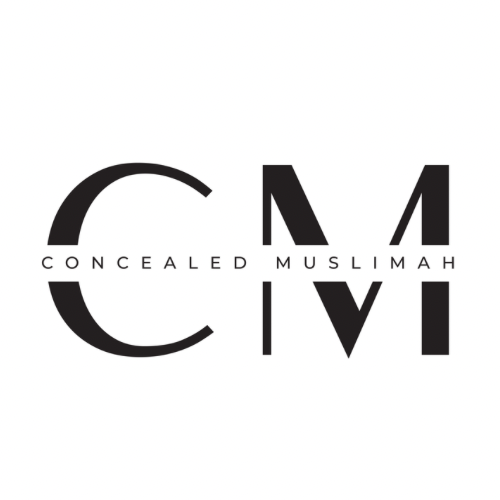Wearing hijab itself does not directly cause acne. However, certain factors related to wearing hijab may contribute to the development or exacerbation of acne for some individuals.
Here are a few factors to consider:
1. Occlusion and heat: Wearing a hijab can create a warm and humid environment around the covered areas, which may increase the likelihood of sweat, oil, and bacteria buildup. This can potentially clog pores and contribute to acne formation.
2. Friction: The friction caused by the fabric of the hijab rubbing against the skin can irritate sensitive skin and potentially lead to breakouts, particularly if the hijab is not made from breathable materials.
3. Hygiene: It's important to maintain good hygiene practices, such as regularly washing the hijab and keeping it clean. If the hijab is not clean, it can accumulate dirt, oils, and bacteria that may contribute to acne breakouts.
To minimize the potential impact of wearing hijab on acne, you can consider the following tips:
1. Choose breathable fabrics: Opt for hijabs made from breathable materials like cotton or silk that allow air circulation and reduce heat and moisture buildup.
2. Keep the skin clean: Cleanse your face regularly using a gentle cleanser to remove excess oil, dirt, and sweat. Avoid harsh scrubbing or using irritating products that can worsen acne.
3. Use non-comedogenic products: Select skincare and makeup products labeled as non-comedogenic, meaning they are less likely to clog pores and contribute to acne formation.
4. Take breaks: When possible, take breaks from wearing the hijab to allow your skin to breathe and reduce friction and occlusion.
5. Maintain a skincare routine: Establish a consistent skincare routine that includes cleansing, moisturizing, and using acne-fighting products, if necessary. Consult a dermatologist for personalized recommendations.
Remember, everyone's skin is unique, and what works for one person may not work for another. If you're experiencing persistent or severe acne, it's advisable to consult a dermatologist who can provide appropriate guidance and treatment options.


